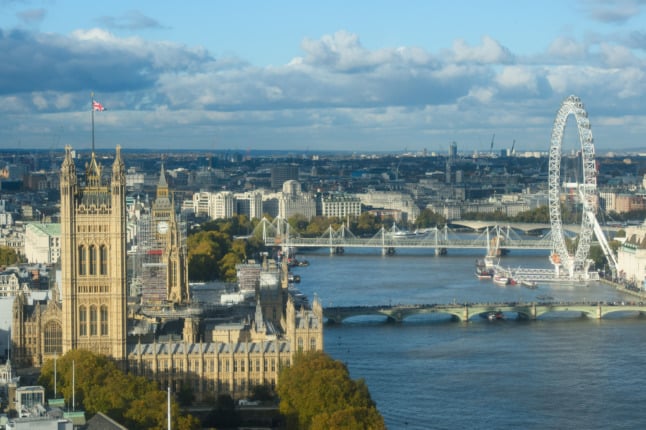All countries currently listed in the “virus variant” category, including the UK and several southern African nations, will be reclassified as “high risk” from January 4th, the Robert Koch Institute confirmed.
The change eases a ban on entry for travellers who are not German residents or citizens, instead allowing anyone to enter as long as they observe quarantine and testing rules.
It also means that those who are currently in quarantine after travelling from the UK will be able to end their self-isolation on Tuesday if they are fully vaccinated.
Unvaccinated people, meanwhile, will be able to end their quarantine with a negative test if they have been in isolation for five days or more on Tuesday.
Germany introduced its “virus variant” travel category in a bid to stop new coronavirus strains that have not yet spread widely on its territory.
Only citizens and residents of Germany are permitted to enter from an Omicron variant country and are subject to a two-week quarantine, regardless of whether they are fully vaccinated or can provide a negative Covid-19 test.
READ ALSO: EXPLAINED: What are the rules for entering Germany this Christmas and New Year?
By contrast, anyone can enter from a high-risk country as long as they provide a negative test or proof of vaccination or recovery on arrival.
Travellers from high-risk areas are exempt from quarantine if they have been fully vaccinated.
Germany has so far recorded 16,748 cases of Omicron but the real number is thought to be much higher due to delays in reporting over the Christmas period.
Health Minister Karl Lauterbach said on Wednesday that he expects a significant rise in the number of Omicron cases in Germany within “in a few weeks”.
READ ALSO: Can Brits travel from UK through France to other EU countries?
Italy and Canada added to ‘high risk’ list
As well as the downgraded UK and African nations, the Foreign Office plans to add four new countries to its high risk list over the weekend.
From January 1st, Italy, Canada, San Merino and Malta will also be reclassified as high-risk countries. Since Canada is a non-EU country, this will mean only vaccinated Canadians will be able to travel to Germany in the New Year.
The four countries will join Spain, Portugal and the USA, which were added to the list on Christmas Day.
Austria, which has seen a drop-off in infections after a nationwide lockdown in early December, was removed from the list over the festive weekend.



 Please whitelist us to continue reading.
Please whitelist us to continue reading.
Member comments